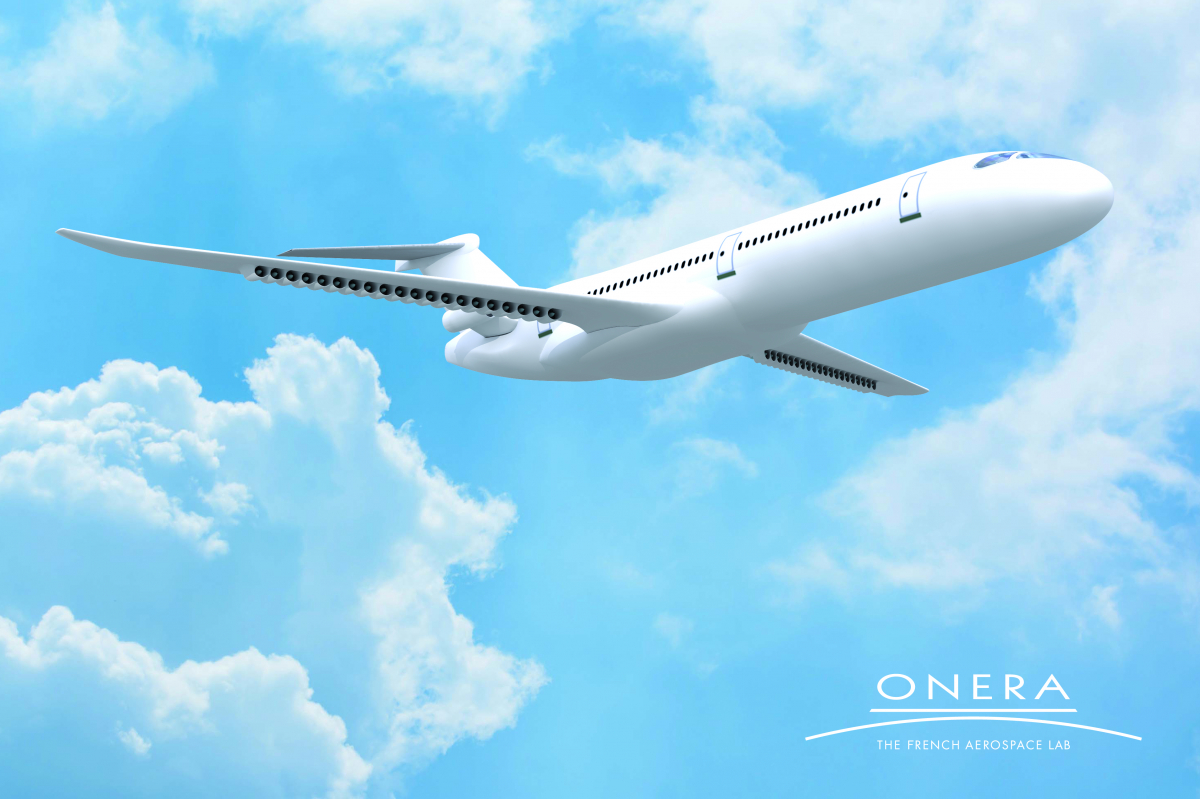A consortium of thirty-three aviation research and industry partners led by ONERA officially launches the IMOTHEP project, an ambitious research initiative on hybrid electric propulsion funded by the European Commission under Horizon 2020.
On the eve of the 12th European Space Policy Conference held in Brussels, ONERA made a big announcement for green aviation. Under the leadership of the French aerospace research lab, a consortium of thirty-three key aviation industry and research stakeholders is engaging in an ambitious research project on hybrid electric propulsion for commercial aviation. IMOTHEP (“Investigation and Maturation of Technologies for Hybrid Electric Propulsion”) receives a €10.4 million grant from the European Commission as part of the Horizon 2020 program. IMOTHEP will perform an in-depth investigation of electric technologies for hybrid electric aircraft in close connexion with advanced aircraft configurations design and innovative propulsion architectures taking advantages of synergies between propulsion and airframe. “Analysing potential technologies and technical issues at the relevant scale is fundamental for hybrid electric propulsion and addressing the challenge of climate change requires exploring the technology for commercial aircraft that represents the bulk of current airlines’ fleets and aviation’s emissions. This is the central focus of IMOTHEP”, states ONERA. The ultimate goal of the project is to build the European technological roadmap for the development of electric hybrid propulsion.
The IMOTHEP consortium gathers the European major airframers, Airbus and Leonardo, leading engines manufacturers, Safran, GE Avio, MTU, ITP, and GKN, European aeronautic research organisation from EREA, ONERA, AIT, CIRA, DLR, ILOT, INCAS and NLR, universities, Université de Lorraine, ISAE/Sup'Aéro, Strathclyde University, TU Braunschweig, Politecnico di Bari, Chalmers University and the University of Nottingham, the think tank Bauhaus Luftfahrt, Eurocontrol, L’Up. In addition, IMOTHEP develops cooperation with Russia, with the involvement of five leading research organisation, CIAM, GosNIIAS, MAI, NRC, TSaGI, as well as with the NRC in Canada.

